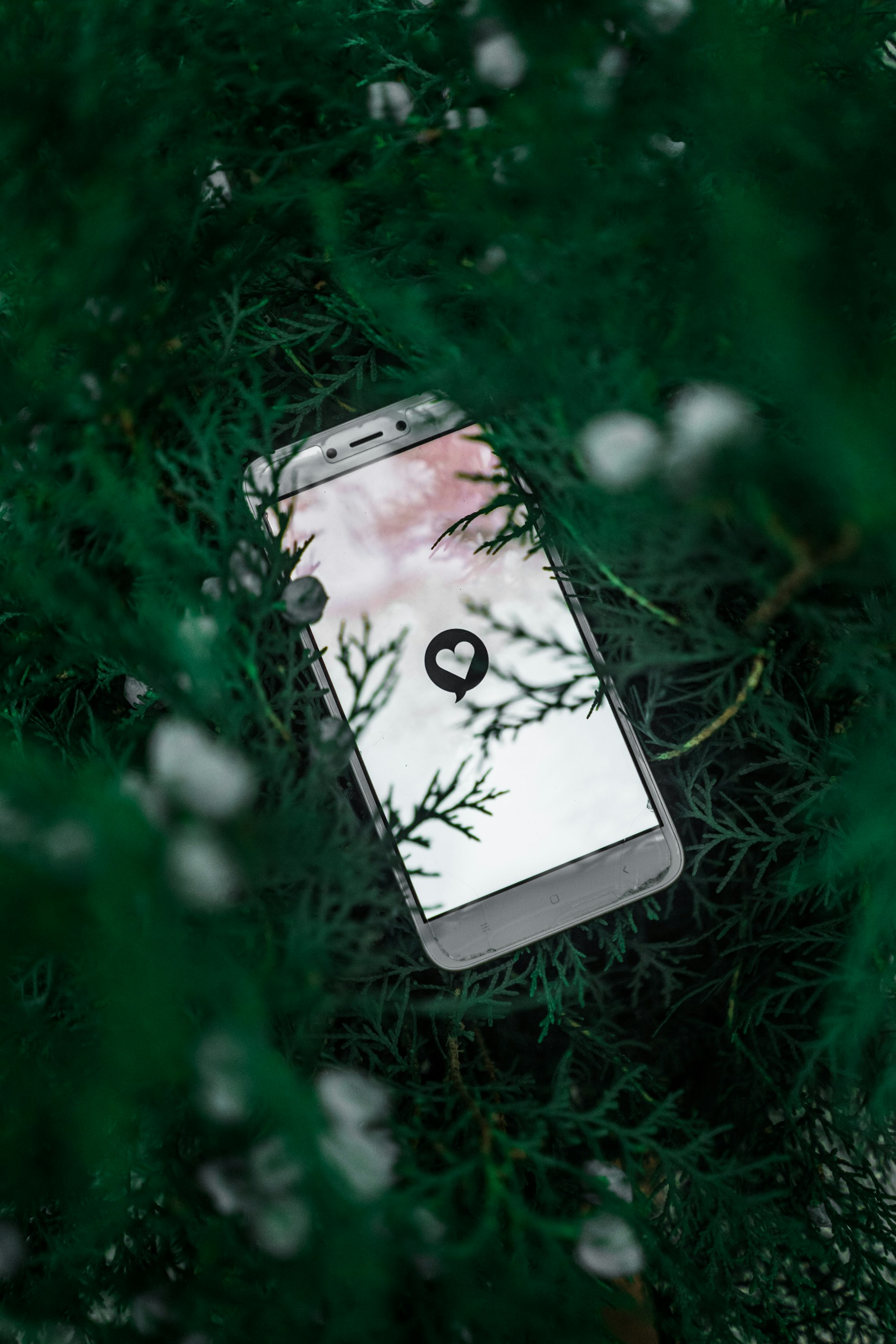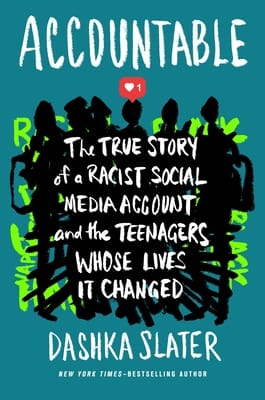Accountable: Supporting students in an online world
Debating whether or not to ban cell phone sidesteps a much more important discussion focused on how schools, communities and government can act to help young people engage respectfully and purposefully in their digital spaces.

Today I came across an article about banning cell phones in schools. The reasoning was that cell phone usage is distracting to students and impeding their academic achievement. This sentiment has been commonly expressed and has resulted in some provinces, school divisions and schools banning cell phones. However, calls to ban this technology in school often sidestep other important discussions, particularly the need to teach students how to effectively manage their devices and navigate their online world. I think schools and society have a responsibility to help children and teens through this process.
Before going further, I am not against firm boundaries when it comes to students and cell phones. At my middle school, students are expected to stow their phones in their lockers throughout the school day, with occasional exceptions for specific projects or tasks. This works well and honestly developing brains aren't always well–prepared to balance school with the allure of these distraction boxes. However, the act of banning cell phones is often viewed as the fundamental solution, leading policy makers to wash their hands of the situation. But more action is necessary.
The importance of rethinking how we help students navigate these issues is demonstrated by the book Accountable: The True Story of a Racist Social Media Account and the Teenagers Whose Lives It Changed, by Dashka Slater. This non-fiction text is probably best suited for high school readers and above, and it is an essential read for people working in education. In the book, Slater describes the fallout when a student in a small Californian town created an offensive Instagram account that targeted Black classmates and other classmates of colour. School officials were told of the account and reacted, disciplining those who had created the images, those who had participated in the account and those who had liked the content. However, the situation quickly spiraled beyond their control.

Accountable asks important questions that go beyond the banning cell phones debate. What happens when school officials address online issues without fully understanding the digital spaces that students inhabit? How should students be held accountable for offensive behaviour in online spaces? What do we do about students who act as online bystanders? How can schools and families proactively teach students to engage in healthy and respectful ways with their devices? How do we teach online media literacy skills and where does that fit in our curriculum? How can policy makers hold tech companies accountable for developing addictive technology specifically targeted at teens?
Banning cell phones in school or creating firm boundaries can be useful for helping students focus or giving them a digital break. However, many other issues relating to digital citizenship, online information literacy, wellness and mental health also need to be addressed. When debates continually fixate on whether or not to ban cell phones without digging deeper into the issue, this sidesteps a much more important discussion focused on how schools, communities and government can act to help young people engage in their digital spaces in a respectful, purposeful, and healthy way.
